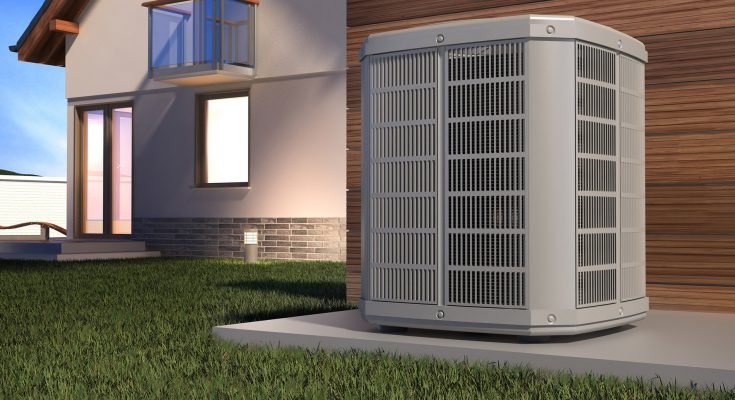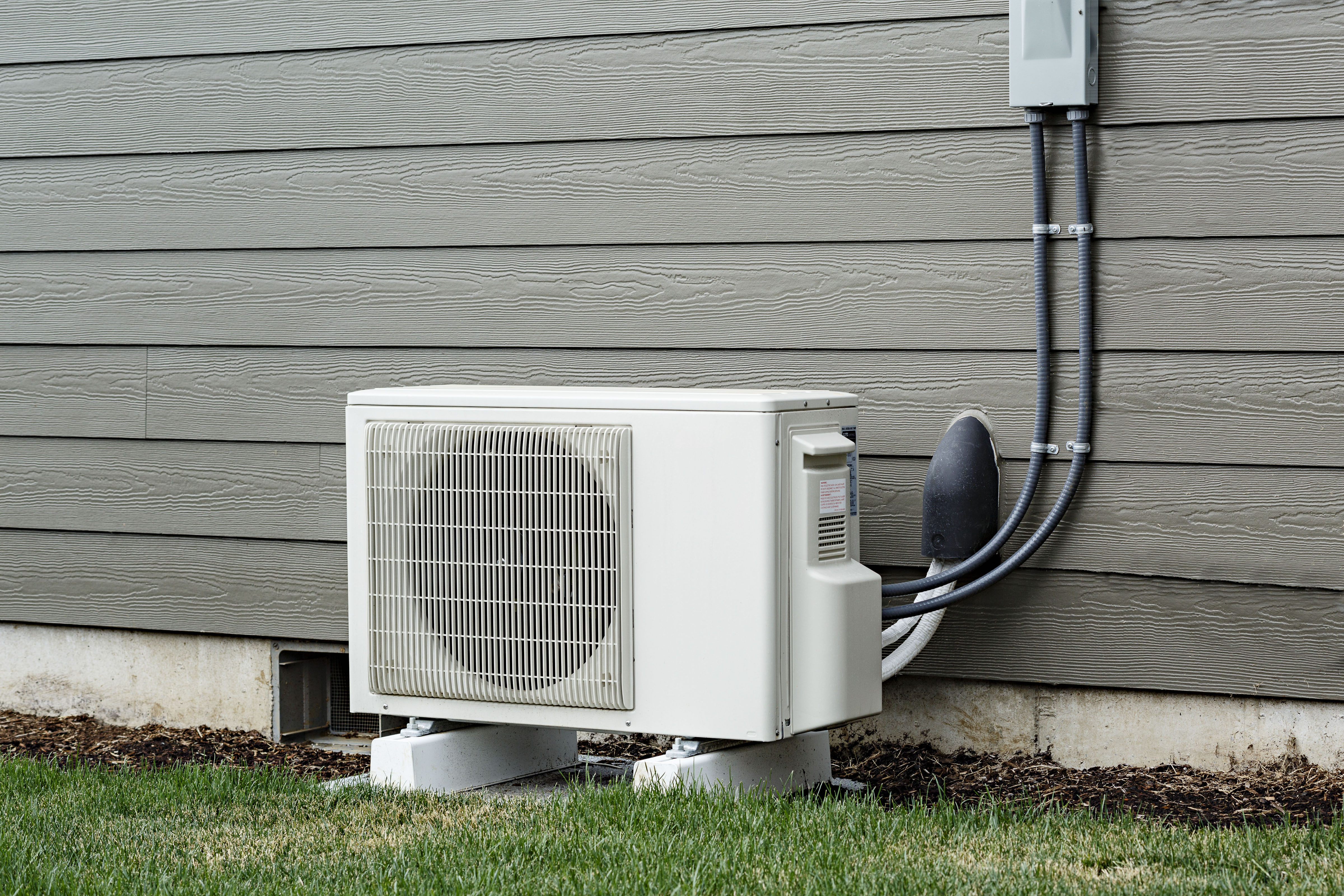When it comes to keeping your home cozy in the winter and cool in the summer, choosing the right heating, ventilation, and air conditioning (HVAC) system is crucial. In recent years, heat pumps have gained popularity as an energy-efficient alternative to traditional HVAC systems.
But how do you know if a Heat Pump Blenheim is the right choice for your home? Let’s dive into the comparison between heat pumps and traditional HVAC systems to help you make an informed decision.
Understanding Heat Pumps
Before we delve into the comparison, let’s first understand what a heat pump is and how it works. A heat pump is a device that transfers heat from one place to another, typically from the air outside to the inside of your home during the colder months and vice versa in the warmer months.
This means that a heat pump can provide both heating and cooling capabilities, making it a versatile option for homeowners.
Efficiency and Energy Savings
One of the key benefits of heat pumps is their energy efficiency. Unlike traditional HVAC systems that rely on burning fossil fuels to generate heat, heat pumps simply move heat from one location to another, consuming less energy in the process.
This can result in significant cost savings on your energy bills over time, especially if you live in a moderate climate where heat pumps can operate efficiently year-round.
Environmental Impact
In addition to saving money on energy bills, choosing a Marlborough Heat Pump over a traditional HVAC system can also reduce your carbon footprint.
By relying on electricity rather than burning fossil fuels, heat pumps produce fewer greenhouse gas emissions, making them a more environmentally friendly option for heating and cooling your home.
Versatility and Comfort
Another advantage of heat pumps is their versatility and ability to provide consistent comfort throughout the year.
Traditional HVAC systems may struggle to maintain a consistent temperature in extreme weather conditions, but heat pumps can adjust their output to meet the changing demands of your home, ensuring optimal comfort regardless of the season.
Installation and Maintenance
When it comes to installation and maintenance, heat pumps have a few advantages over traditional HVAC systems. Because heat pumps do not require ductwork for air distribution, they can be easier and less expensive to install, especially in older homes where retrofitting ductwork may be challenging.
Additionally, a heat pump Blenheim typically requires less maintenance than traditional HVAC systems, as they have fewer moving parts and are less prone to mechanical failures.
Considerations for Your Home
While heat pumps offer many benefits, they may not be the ideal choice for every home. Factors such as climate, insulation, and the layout of your home can all impact the effectiveness of a heat pump.
It’s essential to consult with a qualified HVAC professional to assess your specific needs and determine whether a heat pump Marlborough is the right choice for your home.
Conclusion
Heat pumps offer numerous advantages over traditional HVAC systems, including energy efficiency, environmental sustainability, and year-round comfort. However, it’s essential to consider your unique circumstances and consult with a professional before making a decision.
With the right information and guidance, you can choose the HVAC system that best meets your needs and keeps your home comfortable for years to come.





